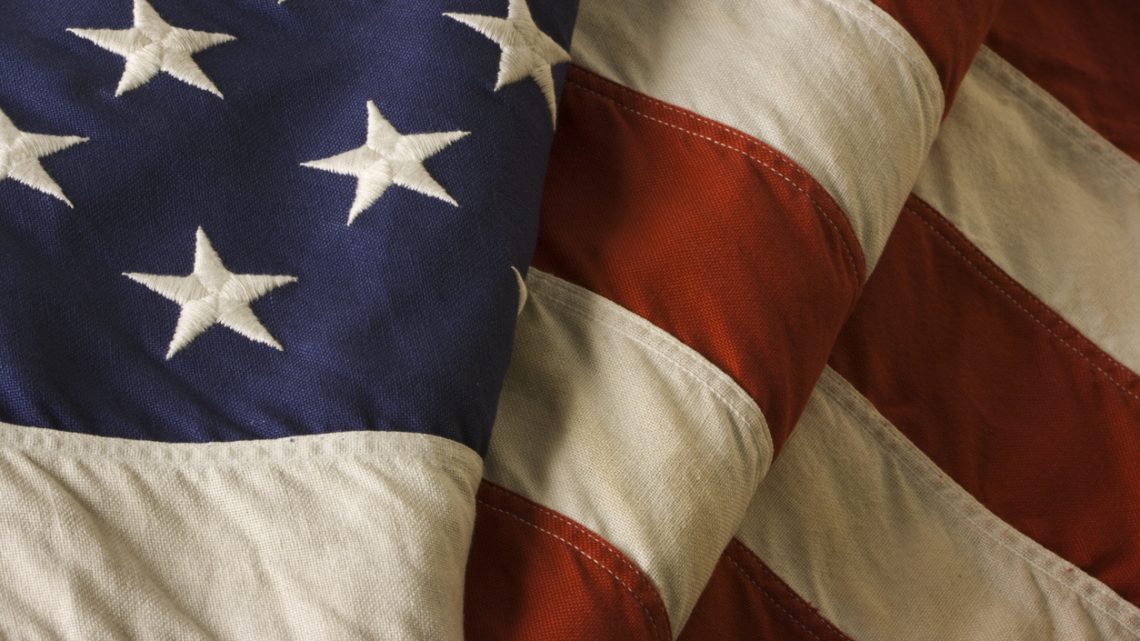On Memorial Day, we look back to the wars of our past and honor the fallen soldiers who have fought to keep our country safe. These soldiers deserve honor and respect, as they have risked their lives – and countless have lost their lives – fighting for this freedom.
Many Adventists have fought in and lost their lives in these wars as well. It is important to remember and honor the members of this church who have fought to protect our freedoms.
The Adventist Church has historically been a pacifist movement, a fact brought to light in Mel Gibson’s 2016 film Hacksaw Ridge, which told of WWII hero Desmond Doss. Doss, who refused to carry a weapon, was eventually awarded the Medal of Honor for saving 75 men in the Battle of Okinawa, one of the bloodiest battles in the Pacific. What Doss’s story illustrates, though, is that even though Adventists have historically been pacifists, this does not mean they have stood idly by while their countries have gone to war.
Early Adventists and Slavery
When the Adventist Church was formed in 1863, The U.S. was in the midst of its deadliest, most catastrophic conflict ever. Adventist leadership did not try to tiptoe around the issue their country was at war over. Ellen G. White was harsh in her criticism of slavery, saying as far back as 1847, “…I saw the pious slave rise in triumph and victory, and shake off the chains that bound him, while his wicked master was in confusion, and knew not what to do; for the wicked could not understand the words of the voice of God” (A Word to the “Little Flock”).
She reproved Adventists who sympathized with the Confederate cause: “There are a few in the ranks of Sabbathkeepers who sympathize with the slaveholder. When they embraced the truth, they did not leave behind them all the errors they should have left. They need a more thorough draft from the cleansing fountain of truth. Some have brought along with them their old political prejudices, which are not in harmony with the principles of the truth” (Testimonies to the Church Vol. 1 p. 358).
White even went as far as saying that Christianity and slavery were incompatible. “You have never looked slavery in the right light, and your views of this matter have thrown you on the side of the Rebellion, which was stirred up by Satan and his host. Your views of slavery cannot harmonize with the sacred, important truths for this time. You must yield your views or the truth. Both cannot be cherished in the same heart, for they are at war with each other” (Testimonies to the Church Vol. 7 pp. 359, 360).
White continues by saying, “Christ came to this earth with a message of mercy and forgiveness. He laid the foundation for a religion by which Jew and Gentile, black and white, free and bond, are linked together in one common brotherhood, recognized as equal in the sight of God” (Ibid p. 225).
James White wrote in the Review & Herald that slavery was America’s “darkest and most damning sin upon the nation” (“The Nation” Aug. 12, 1862).
More than just words
But the founders of Adventism not only voiced their opinions regarding the war, they were also active in it. W. K. Kellogg, an incorporator of the church’s publishing association and early health reformer, used his Michigan farm to harbor fleeing slaves. John Byington, the first General Conference president, used his farm in Buck’s Bridge, New York, as a station for the Underground Railroad, illegally ferrying slaves to Canada. Uriah Smith, the longest serving editor of the Review and Herald (now the Adventist Review), was an active and outspoken abolitionist. These church founders worked to free slaves from the South, despite its illegality.
These facts show that the church founders did not stand idly by when conflict was present. They actively participated in the conflicts with the intent of bringing about peace. They stood with their morals rather than try to pacify a divided group through lukewarm views.
On Memorial Day, we honor the many soldiers who fought and died for something they believed in. It is important to honor them, as they make a sacrifice so we have the luxury of being free.
We should also remember that pacifists play an important role in the fight for freedom, but it is through methods that do not involve fighting and killing. Some depict pacifists as people who are scared to involve themselves in war. While this may be true in very rare cases, it should not be true of those who avoid combat for moral reasons. Like the founders of the Adventist Church, we should actively fight through peaceful methods for the people around us who are being oppressed.
You do not need to sign up as a medic or save 75 soldiers to be a hero like Desmond Doss. As people like John Byington and W. K. Kellogg showed, you have the ability to help others in your own hometowns through acts of peace.









